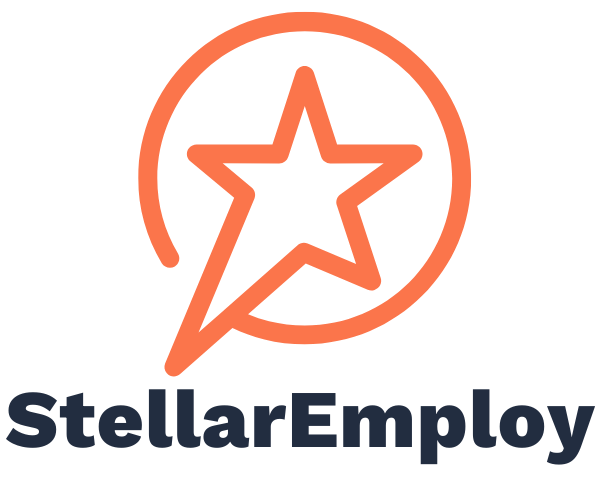The Unexpected Impact of Every Single Hire
When discussing hourly hiring, I’m often surprised by the number of people who respond, But, can’t anyone flip burgers?
Well, maybe everyone can flip burgers. But efficiently and reliably? Much less so. I find that people in the fast food (or similar) industry already know this. But I was recently reminded of one of my favorite economics papers that actually describes this elegantly.
Michael Kremer was one of my professors. His paper, “An O-Ring Theory of Economic Development” (those interested in the model can find links and a summary on the Wikipedia page), here discusses the phenomenon whereby one weak employee can bring down everyone else. The name of the paper, in fact, is drawn from the 1986 Challenger Shuttle Disaster, where an entire space shuttle exploded, killing seven crew members, because of one faulty seal, the O-Ring.
Kremer provides a mathematical model to prove the old adage that a team is only as strong as its weakest link. But you don’t need to understand the math to understand the concept.
Think of the last time you tried to buy a coffee, and spent an inordinately long time doing so. Maybe the line was really long, or some customer had trouble with their credit card. But it’s just as likely that there was a problem at the cash register, or the barista dropped an order, or some other mistake on the server side. Everyone makes mistakes, but some people make more mistakes than others. And even if the person working the cash register operates at lightening speed, your coffee won’t come out any faster, because the barista will take the same length of time he or she always does to make your extra hot almond milk late, no matter how quickly the cashier rings you up.
Now think about the last time you decided to skip your coffee, or go to a different coffee place, because your order took forever the last time or they got your order wrong, and you just don’t have time for that, even if the coffee is amazing. Sometimes getting your coffee feels an awful lot like this.
Now, the company with the weak link is losing money, because if you decided not to go there, you can bet other people made the same decision. In fact, the differences can be tremendous. An article in the Harvard Business Review estimated that even small differences in employee engagement (recommending more products, chatting with customers, etc.) could generate $100,000 more sales annually. Check out “Competing on Talent”, Davenport, Harris, Shapiro, October 2010.
So, having one unengaged hamburger flipper slows down the whole team, reduces the number of burgers sold in an hour, and lower revenues. And thanks to Michael Kremer, we have the mathematical equations to back us up on that.
Sara Nadel is a co-founder of StellarEmploy.
